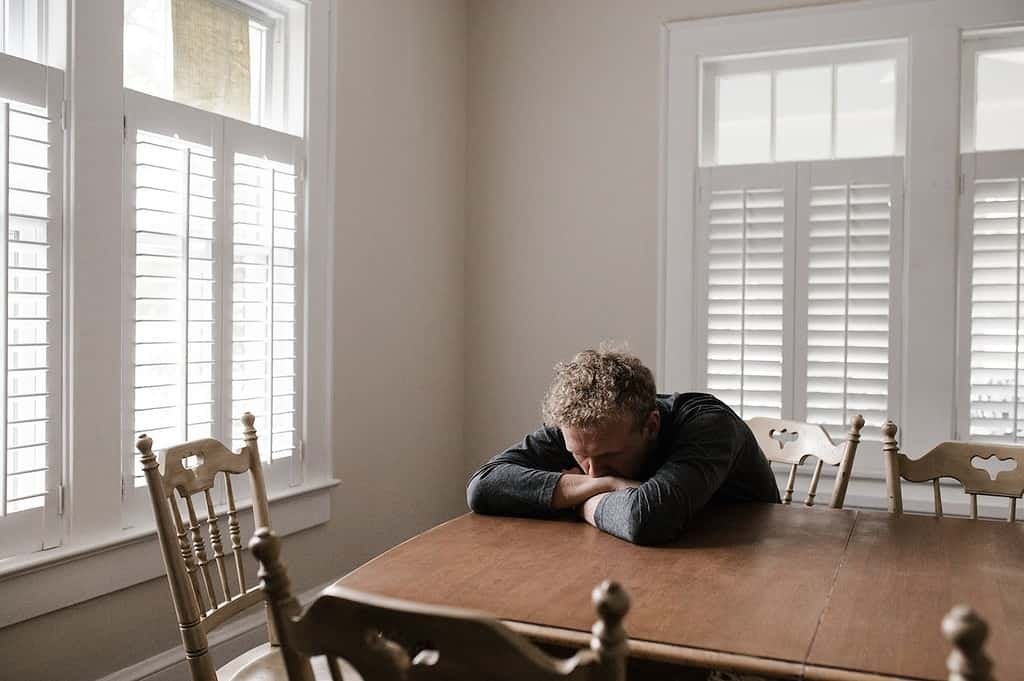
Mental health refers to cognitive behavioural and emotional well-being. It is all about how people think, feel and behave. People sometimes use the term “mental health” to mean the absence of a mental disorder.
Mental health can affect daily living relationships and Physical health.
However, this link also works in the other direction. Factors in people’s lives, interpersonal connections and physical factors Can contribute to mental ill health.
Looking after mental health can preserve a person’s ability to Enjoy life. doing this involves balance in life activities, responsibilities and efforts to achieve psychological resilience.
Stress depression and anxiety can all affect mental health and disrupt a person’s routine.
Everyone is at some risk of developing a mental health disorder. Regardless of age, sex, income or ethnicity. In much of the developed world mental disorders is one of the leading causes of disability.
Many people with mental health disorders have more than one condition at a time.
It is important to note that good mental health depends on a delicate balance of factors and that several elements may contribute to developing these disorders.
Diagnosing a mental health disorder requires a multi-step process. A doctor may begin by looking at a person’s medical history and performing a thorough physical exam to rule out physical conditions or issues that may be causing the symptoms.
No medical tests can diagnose mental disorders. However, doctors may order a series of laboratory tests such as imaging exams and blood work to screen for other possible underlying causes.
They will also do a psychological evolution. This includes asking about a person’s symptoms, experiences and how these have impacted their lives. Sometimes the doctor may ask a person to fill out mental health questionnaires to get an idea about a person’s thoughts, feelings and behaviour patterns.
Treatment
There are various methods for managing mental health problems. Treatment is highly individual and what works for one person may not work for another.
Some strategies of treatments are more successful in combination with others. A person with a chronic mental disorder may choose different options at various stages in their life.
The individual needs to work closely with a doctor who can help them identify their needs and provide suitable treatment.
There are so many psychotherapies and talking therapies in the world for mental health and some people take prescribed medication such as antidepressant antipsychotics and anxiolytic drugs.
Although this cannot cure mental disorders, some medications can improve symptoms and help a person resume social interaction and a routine while working on their mental health.
Some of these medications boost the body’s absorption of feel-good Chemicals such as serotonin from the brain.
Self Help
A person coping with mental health difficulties may need to change their lifestyle to facilitate wellness.
Such changes can include reducing alcohol intake, sleeping more and eating a balanced nutritious diet. People may need to take time away from work or resolve issues with personal relationships that may be causing damage or their mental health.
People with conditions such as anxiety or depressive disorder may benefit from relaxation techniques, which include deep breathing meditation and mindfulness.
Suicide Prevention
People who are in very bad mental health conditions may try to suicide or self-harm, If you know someone at immediate risk of self-harm, suicide or hurting another person you must follow immediate actions, there are so many immediate actions and followings are some of them.
- Don’t leave the person alone
- Call your local emergency number right away or if you think you can do so safely, take the person to the nearest hospital emergency yourself
- Try to find out if the person is under the influence of alcohol or drugs or may have taken an Overdose
- Tell a family member or friend right away what’s going on
While mental health disorders are common, they vary in severity. Most people can manage their symptoms and lead full lives with the proper treatment and access to support.
For others, recovery may not look like going back to their lives before the mental health disorder but learning new ways to cope a gaining more control over their lives.
Having a mental health problem, especially depression is strongly associated with severe chronic health conditions, such as diabetes, stroke, hypertension, cancer and heart disease.
Summary
The term mental health refers to a person’s cognitive, behavioural and emotional well-being. It affects how people reach stressors, engage with others and make choices.
According to the WHO peak, mental health is more than just the absence of mental health problems. It is the ability to manage existing conditions and stressors while maintaining ongoing Wellness and happiness.
Factors such as stress, depression and anxiety can all negatively affect mental health and disrupt a person’s routine.
“It is OK to Not Be Ok”

